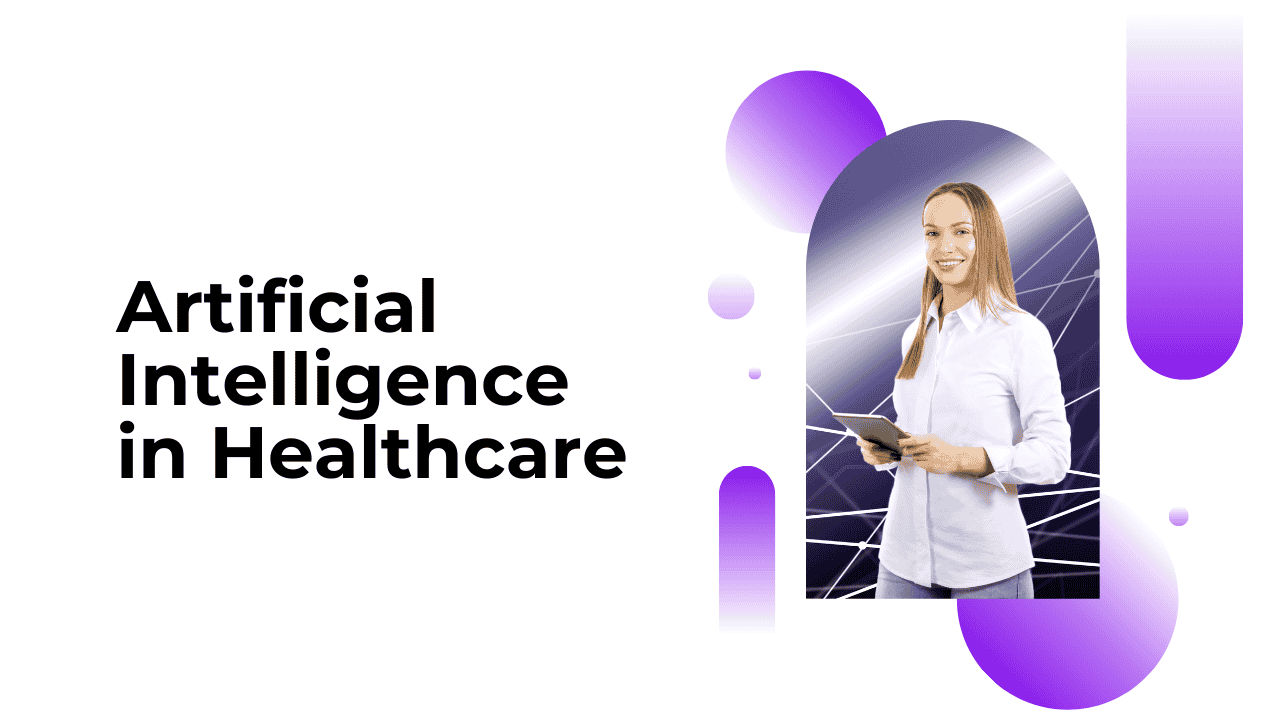To craft a comprehensive blog on “The Future of Artificial Intelligence in Healthcare,” we can explore the following key points and developments in AI’s role in revolutionizing the healthcare industry:
Introduction
Artificial Intelligence (AI) is rapidly transforming various sectors, and healthcare stands at the forefront of this revolution. By leveraging AI technologies, healthcare providers can enhance efficiency, accuracy, and patient outcomes in unprecedented ways.
AI Applications in Healthcare
1. Medical Imaging and Diagnostics
AI-powered algorithms are increasingly proficient in interpreting medical images such as X-rays, MRIs, and CT scans. Machine learning models can detect anomalies with high accuracy, aiding radiologists in early and precise diagnosis.
2. Personalized Medicine
AI algorithms analyze vast amounts of patient data, including genetic information, medical history, and lifestyle factors, to tailor treatments to individual patients. This approach improves treatment efficacy and reduces adverse effects by predicting how patients will respond to specific therapies.
3. Drug Discovery and Development
AI accelerates the drug discovery process by predicting molecular interactions, identifying potential drug candidates, and optimizing clinical trial designs. This capability reduces costs and time associated with bringing new drugs to market.
4. Virtual Health Assistants
AI-powered virtual assistants and chatbots provide patients with 24/7 access to basic healthcare information, symptom checking, and guidance on when to seek medical help. These tools alleviate pressure on healthcare providers and enhance patient engagement.
5. Predictive Analytics and Early Disease Detection
AI algorithms analyze patient data in real-time to identify patterns indicative of disease onset or deterioration. This early detection enables proactive interventions, potentially improving patient outcomes and reducing healthcare costs.
Challenges and Considerations
1. Data Privacy and Security
Handling sensitive patient data requires robust security measures to protect against breaches and unauthorized access. AI developers and healthcare providers must prioritize patient privacy and compliance with regulations such as HIPAA.
2. Integration with Existing Systems
Integrating AI technologies with legacy healthcare systems poses technical challenges. Seamless interoperability is crucial to ensure AI solutions enhance rather than disrupt clinical workflows.
3. Ethical Considerations
AI-driven decisions in healthcare raise ethical dilemmas, including transparency in algorithmic decision-making, bias mitigation, and accountability for outcomes. Ethical frameworks must evolve alongside AI advancements to uphold patient trust and safety.
The Future Outlook
1. AI-Powered Remote Monitoring
Advancements in wearable technology and IoT enable continuous monitoring of patient health metrics. AI algorithms analyze this data to detect trends and alert healthcare providers to potential health issues in real-time.
2. Augmented Intelligence in Surgery
AI-assisted robotic surgeries enhance precision and minimize invasiveness, reducing recovery times and complications for patients undergoing complex procedures.
3. Global Healthcare Accessibility
AI has the potential to democratize healthcare by bridging gaps in access to medical expertise. Telemedicine powered by AI connects patients in remote or underserved areas with specialist care, improving healthcare equity.
Conclusion
Artificial Intelligence is poised to revolutionize healthcare by driving innovation across diagnostics, personalized treatment, drug discovery, and patient care. While challenges such as data security and ethical concerns persist, the transformative potential of AI in improving healthcare outcomes and accessibility remains unparalleled.
As AI technologies continue to evolve, collaboration between healthcare professionals, AI researchers, policymakers, and ethicists will be essential in harnessing AI’s full potential while safeguarding patient welfare and privacy.
